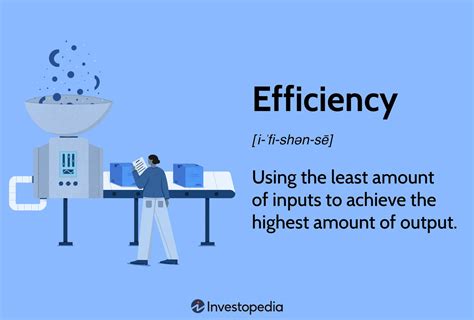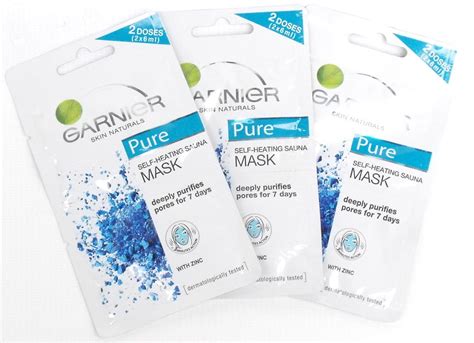Optimal pre-workout nutrition for peak energy & strength during intense training?
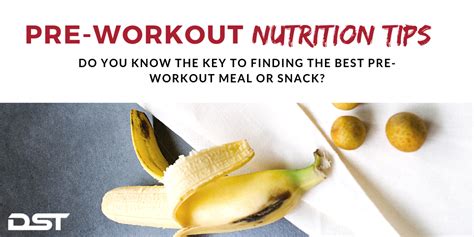
Fueling Your Body for Peak Performance: The Science of Pre-Workout Nutrition
To truly unlock your potential in the gym, pushing limits and achieving new personal bests, it’s not just about what you do during your workout, but also how you prepare your body beforehand. Optimal pre-workout nutrition is the cornerstone of sustained energy, enhanced strength, and improved recovery, setting the stage for every intense training session. Understanding what to eat, when to eat it, and why it matters can be the game-changer you need to elevate your fitness journey.
The Macronutrient Blueprint: Carbs, Protein, and Fats
Each macronutrient plays a distinct role in preparing your body for exercise. Getting the balance right is crucial for providing immediate and sustained energy, preventing muscle breakdown, and supporting overall performance.
Carbohydrates: Your Primary Energy Source
Carbohydrates are your body’s preferred fuel source, especially during high-intensity training. They are converted into glucose, which is stored as glycogen in your muscles and liver. Adequate glycogen stores prevent fatigue and allow you to maintain intensity throughout your workout. Focus on complex carbohydrates (oats, brown rice, whole-wheat bread, sweet potatoes) for sustained energy, and simple carbohydrates (fruit, white rice) closer to your workout for quicker absorption if needed.
Protein: Muscle Protection and Repair
While carbohydrates provide the primary fuel, consuming protein before your workout helps to prevent muscle protein breakdown and promotes muscle repair and growth. A small amount of easily digestible protein (whey protein, chicken breast, Greek yogurt) prior to training ensures your muscles have the amino acids they need to perform and recover efficiently.
Fats: Sustained Energy (in Moderation)
Fats are a denser energy source but are digested much slower than carbohydrates and protein. While important for overall health, a high-fat meal directly before a workout can lead to digestive discomfort and slow down nutrient absorption. Keep fats minimal in your immediate pre-workout meal, saving them for earlier, larger meals.
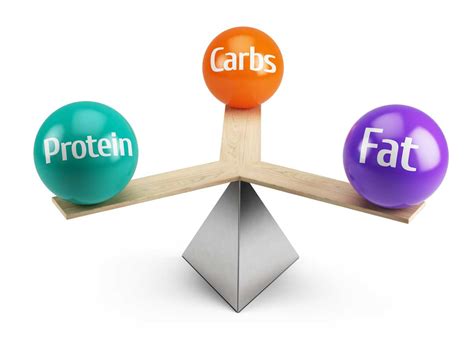
The Golden Rule: Timing Your Pre-Workout Meal
When you eat is almost as important as what you eat. Timing affects digestion, nutrient absorption, and ultimately, your energy levels and comfort during exercise.
- 2-3 Hours Before: A balanced meal containing complex carbohydrates, lean protein, and a small amount of healthy fats. This allows ample time for digestion and nutrient absorption, maximizing glycogen stores. Examples: Chicken and sweet potato, oatmeal with berries and a scoop of protein powder, whole-wheat toast with eggs and avocado.
- 30-60 Minutes Before: A lighter snack focusing on easily digestible carbohydrates and a small amount of protein. This provides a quick energy boost without weighing you down. Examples: A banana, an energy bar, rice cakes with a thin layer of peanut butter, a fruit smoothie.
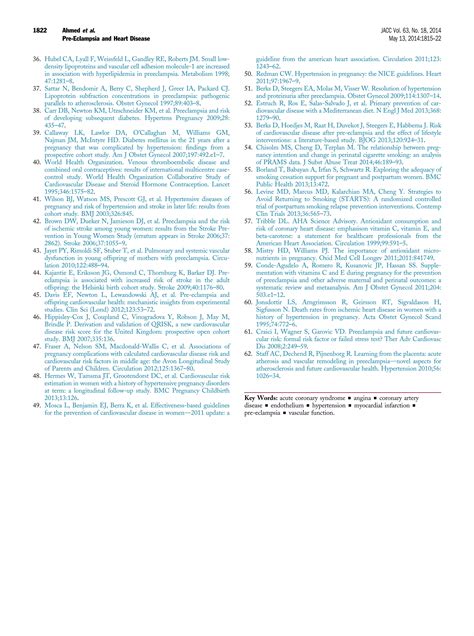
Hydration: The Unsung Hero of Performance
Often overlooked, proper hydration is critical for peak performance. Dehydration, even mild, can significantly impair strength, endurance, and cognitive function. Start hydrating hours before your workout. Aim to drink 16-20 ounces of water 2-3 hours before, and another 8-10 ounces 20-30 minutes prior to training. Continue sipping water throughout your workout.

Strategic Supplementation (Optional but Effective)
While whole foods should always be your priority, certain supplements can offer an additional edge:
- Creatine: Enhances strength and power output by increasing ATP regeneration.
- Caffeine: Improves focus, reduces perceived exertion, and can boost endurance.
- Beta-Alanine: Helps buffer lactic acid, delaying muscle fatigue.
Always consult a healthcare professional or a registered dietitian before introducing new supplements into your routine.

What to Avoid Before Your Workout
Certain foods can hinder your performance and cause discomfort:
- High-Fat Foods: Slow digestion and can cause bloating or sluggishness.
- High-Fiber Foods (in excess): While healthy, too much fiber right before a workout can lead to digestive distress.
- Sugary Drinks/Candies: Can lead to a rapid spike and crash in blood sugar.
- New Foods: Stick to foods you know agree with your digestive system to avoid surprises.
Personalization is Key: Listen to Your Body
Every individual is different. What works perfectly for one person might cause discomfort for another. Experiment with different foods, timings, and quantities to discover what fuels your body best for optimal energy and strength. Pay attention to how you feel during and after your workouts, and adjust your nutrition plan accordingly. Keeping a food journal can be an invaluable tool in this process.

Conclusion: Fueling Your Best Performance
Mastering pre-workout nutrition is a fundamental component of maximizing your energy, strength, and overall performance during intense training. By strategically consuming the right balance of carbohydrates, protein, and water at optimal times, you provide your body with the essential fuel it needs to push harder, recover faster, and achieve your fitness goals. Make pre-workout nutrition a priority, and watch your performance soar.

